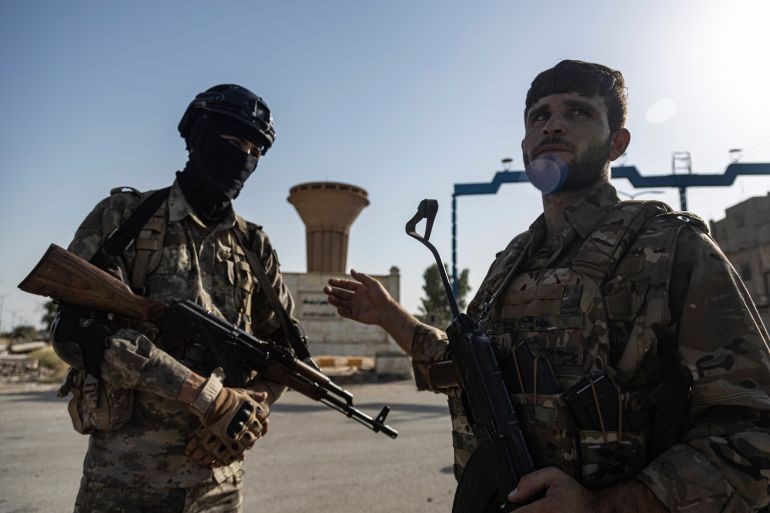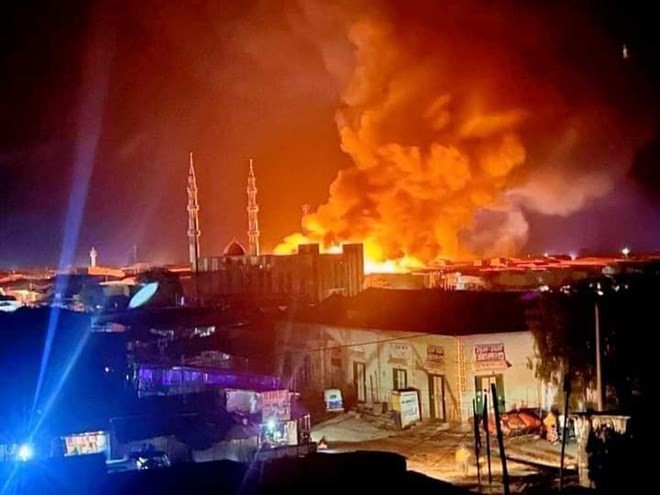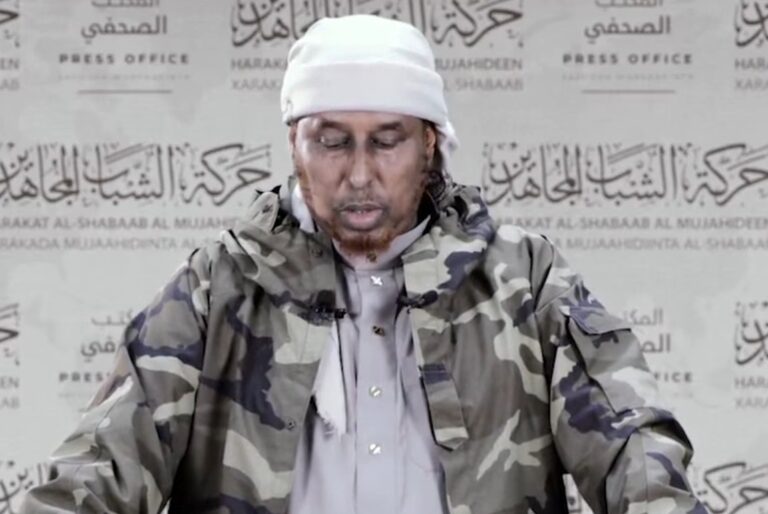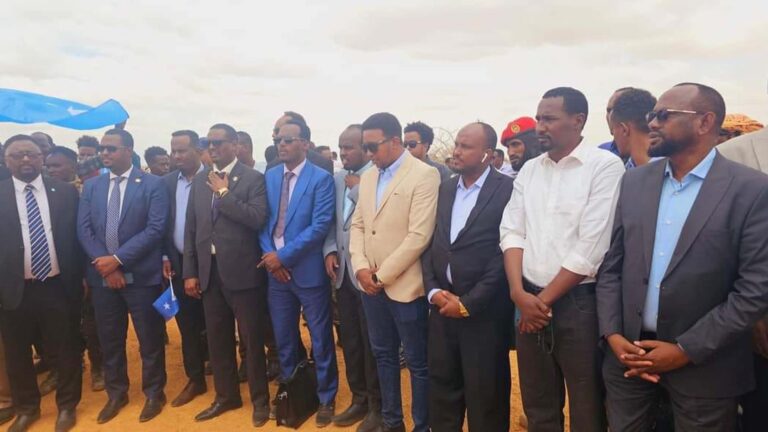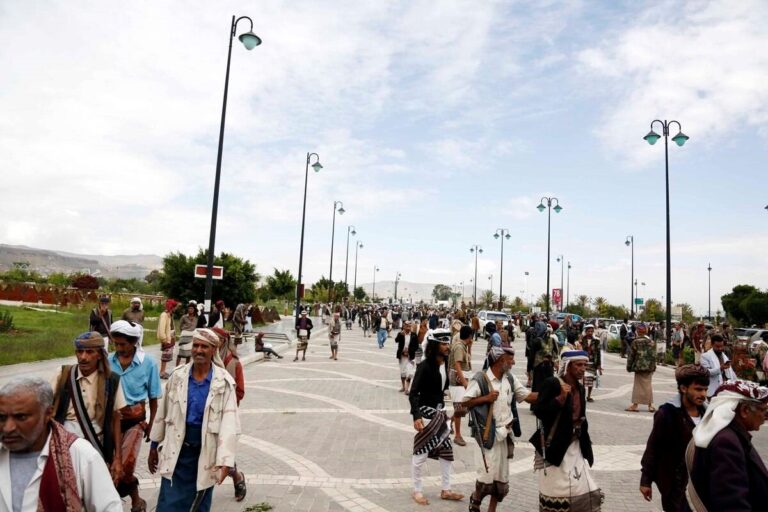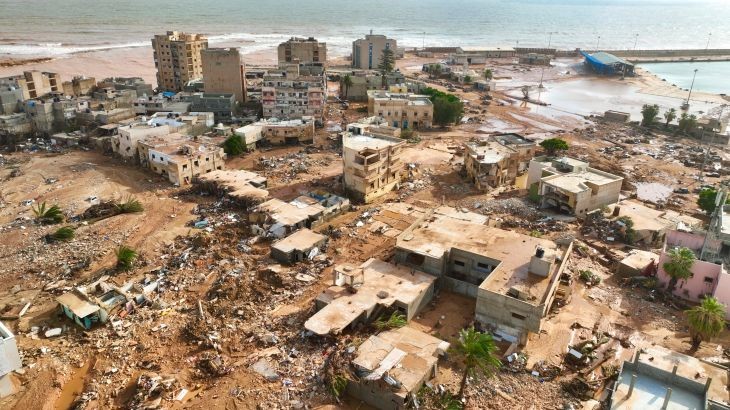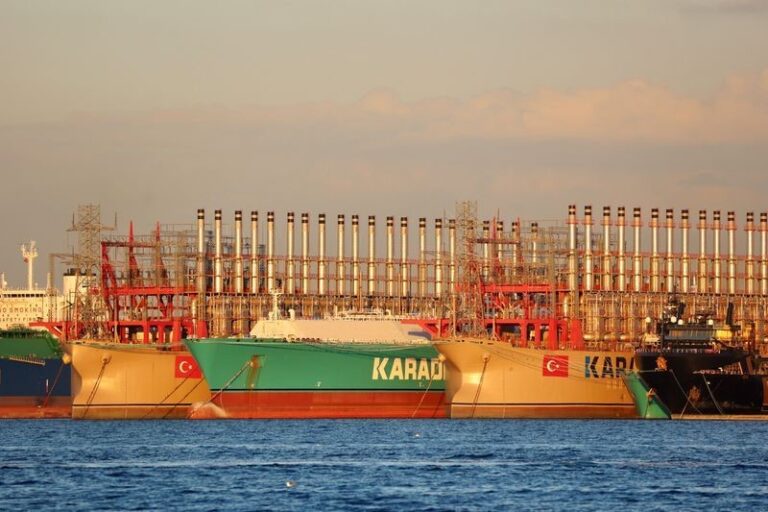Clashes have erupted in eastern Syria, pitting the US-backed Syrian Democratic Forces (SDF) against Arab tribal militias, raising concerns about the potential for further escalation. The conflict began in Deir Az Zor province and has since spread to other areas, resulting in dozens of casualties.
The initial spark for the violence was the detention of Ahmad al-Khbeil, also known as Abu Khawla, the leader of the Deir Az Zor Military Council, by the SDF. He was accused of corruption and other crimes. This move angered tribal militias who had collaborated with the SDF in the fight against ISIS.
While both sides deny that Abu Khawla’s arrest was the main cause of the conflict, underlying tensions have been brewing. Some Arab activists and tribal leaders have claimed discrimination by the SDF against the Arab population in the region, particularly in terms of resource allocation.
The SDF, in turn, has accused external actors, including Tehran and Damascus, of supporting the tribal militias to destabilize the region. This situation has prompted fears of further escalation, with ongoing violence spreading to areas like Al-Hassakeh, Raqqa, Tal Abyad, and Aleppo.
The clashes have led to the displacement of civilians, exacerbating the humanitarian situation. Arab tribes in the region, despite controlling substantial territory, are facing challenges in confronting the better-equipped SDF forces.
While the conflict has an ethnic dimension, it is not solely defined by this divide. Geopolitical factors, including foreign interference, have also contributed to the escalation. The US’s involvement in supporting Kurdish forces in the region has caused tensions with Turkey and other actors, further complicating the situation.
Efforts are underway to address the grievances of local residents and to achieve a ceasefire. The US military has called for an end to the fighting, as instability in the region could provide an opportunity for ISIS remnants to regroup.
Additionally, the violence has implications for the broader power dynamics in eastern Syria. It presents an opportunity for the Syrian government, along with its allies Russia and Iran, to exert influence in this oil-rich territory. The region has been under the control of the SDF and its Kurdish-led administration since the defeat of ISIS.
As the situation evolves, it remains critical to find a peaceful resolution to prevent further suffering and instability in eastern Syria, while also addressing the underlying political and ethnic tensions.

